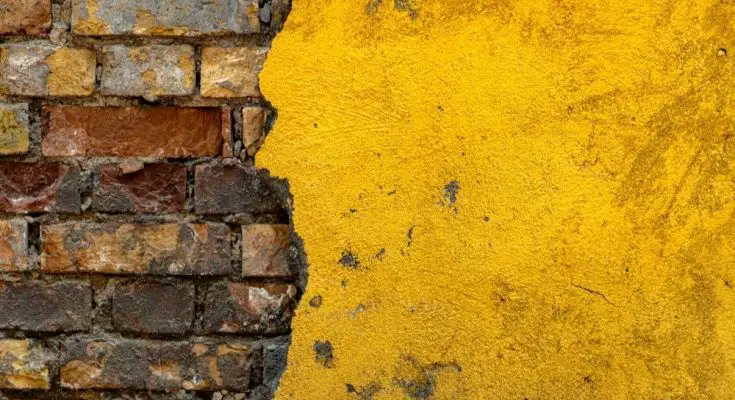Corrosion is a major challenge in the construction world. When building a new structure, it’s essential to ensure that the environment—the land the structure is being built on, the quality of the air, and the weather in the area—resists corrosion. If it doesn’t, the building could experience major problems in the future.
Let’s look at the shocking effects of corrosion on buildings. There’s a reason this natural process is so feared!
What’s Corrosion?
When you think of corrosion, the first thing that probably pops into mind is old, rusty metal. Rust is one form of corrosion, but it’s not the only kind.
Generally, corrosion is any kind of decay that occurs as a result of a metal material reacting chemically with its surrounding environment.
What Causes Corrosion?
Corrosion occurs when metal comes into contact with another substance, such as an electrical current or dirt and bacteria.
Most often, these substances lie in the soil (soil corrosion) or float around in the air (atmospheric corrosion). Corrosion can also happen when a metal structure is placed under a large amount of stress (stress corrosion).
The Effects of Corrosion on Buildings
Corrosion can severely compromise the structural integrity of a building. Concrete structures have a higher risk of corrosion due to the iron, stone, and coal in the concrete.
Below are some of the shocking effects of corrosion on buildings.
Structural Weakness
Corrosion eats away at a building’s various structural components. As these components degrade, the building as a whole becomes increasingly weak.
Reduced Bonding Strength
Corrosion can impact the bond strength of concrete by eating away at and smoothing out the grooves and cross-sections of the iron rods that support it. A weak bond makes concrete prone to slipping.
Fatigue
Corrosion weakens (or “tires out”) metals and concrete. Corroded elements begin to show signs of wear and tear earlier than elements that aren’t exposed to corrosion. They buckle, crack, rust, and fail more easily than their non-corroded counterparts.



